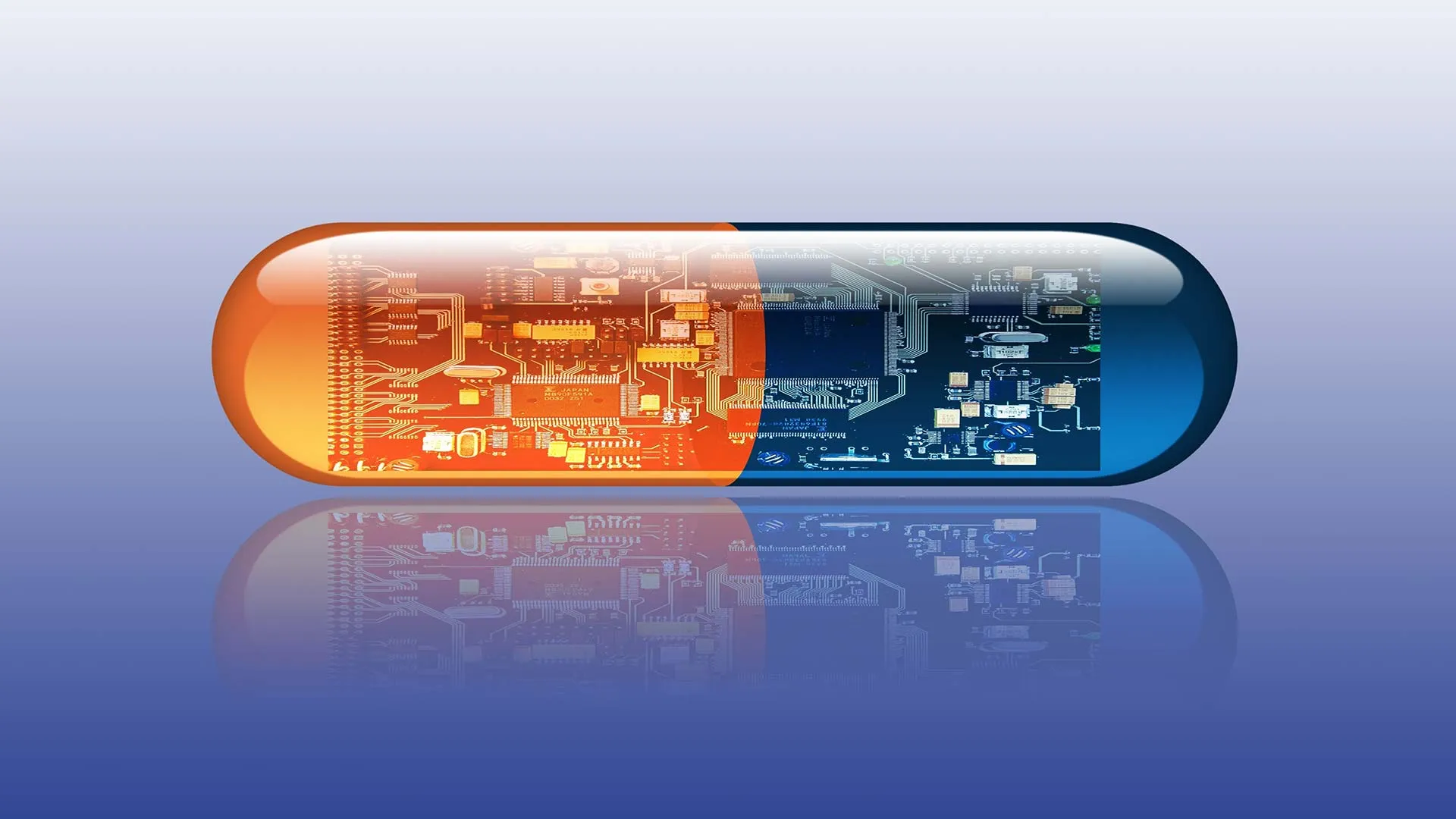Do you have trouble remembering to take your pills? Or do you wonder if they are working as they should? If so, you may be interested in digital pills, a new technology that can help you and your doctor monitor your medication.
What Are Digital Pills?
Digital pills are pills that have a tiny sensor inside them. The sensor can send a signal to a patch that you wear on your skin. The patch can record when you take the pill and how your body reacts to it. For example, it can measure your heart rate, blood pressure, temperature, and activity levels. The patch can then send the data to your smartphone or your doctor’s computer.
Digital pills can help you and your doctor track your medication adherence, which means how well you follow your prescribed treatment plan. Taking your medication as prescribed is very important for your health and well-being. However, many people do not take their medication correctly. According to a report by the World Health Organization, about half of the patients with chronic diseases do not take their medication as prescribed. This can lead to serious health problems, such as complications, hospitalizations, and even death.
How Do Digital Pills Work?
A digital pill has two main parts: an ingestible sensor and a wearable patch. Here is how they work together:
- The ingestible sensor is a small device that is embedded in the pill or attached to its surface. When you swallow the pill, the sensor is activated by your stomach acid and sends a unique signal to the patch.
- The wearable patch is a device that you stick on your chest or abdomen. It records the date and time of the pill ingestion, as well as other data about your body and your environment. For example, it can measure your heart rate, blood pressure, temperature, and activity levels.
- The smartphone app is an application that you install on your phone. It receives and displays the data from the patch via Bluetooth. It can also give you feedback and reminders about your medication. You can choose to share your data with your doctor or your caregiver through a secure web portal.
The table below shows the main features and benefits of digital pills:
| Feature | Benefit |
|---|---|
| Ingestible sensor | Tells you and your doctor when and how you take your pill |
| Wearable patch | Tells you and your doctor how your body reacts to the pill |
| Smartphone app | Shows you your data, gives you feedback and reminders, and lets you control your data sharing |
| Web portal | Let your doctor or your caregiver access and analyze your data, and give them insights and alerts for intervention |
What Are the Pros and Cons of Digital Pills?
Digital pills have been approved by the FDA for some medications, such as Abilify for schizophrenia, Otsuka for depression, and Symproic for opioid-induced constipation. They have also been tested for other conditions, such as tuberculosis, hypertension, diabetes, and heart failure.
Digital pills have many potential benefits, such as:
- Improving your medication adherence and health outcomes
- Providing you and your doctor with valuable data and insights about your medication and your condition
- Empowering you to take charge of your health and well-being
However, digital pills also have some challenges and limitations, such as:
- Privacy and security: Digital pills collect and transmit personal and sensitive data, which may raise concerns about data protection, consent, and ownership. You may also feel uncomfortable or monitored by your doctor or your caregiver.
- Cost and accessibility: Digital pills are expensive and may not be covered by your insurance or available to you. They also require access to smartphones, internet, and electricity, which may not be feasible or affordable for you.
- Ethics and social implications: Digital pills may create ethical and social dilemmas, such as coercion, discrimination, stigma, or liability. For example, you may be pressured or incentivized to take digital pills by your doctor, your employer, or your insurer. Or, you may be discriminated against or stigmatized for not taking digital pills or for having a certain condition.
Conclusion
Digital pills are a new and promising technology that can help you and your doctor monitor your medication. They can improve your medication adherence and health outcomes, and provide you and your doctor with useful data and insights. However, digital pills also have some challenges and limitations, such as privacy, security, cost, accessibility, ethics, and social implications. Therefore, digital pills should be used with caution and care, and with respect for your rights and preferences.
Check out more articles!








